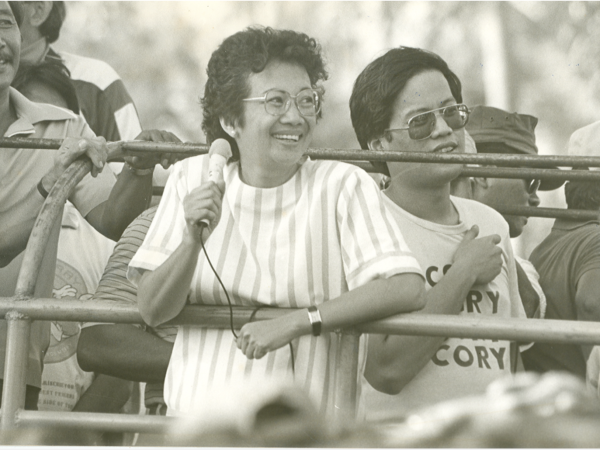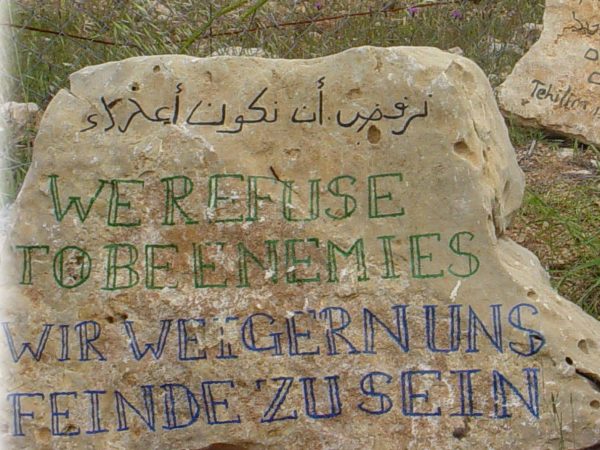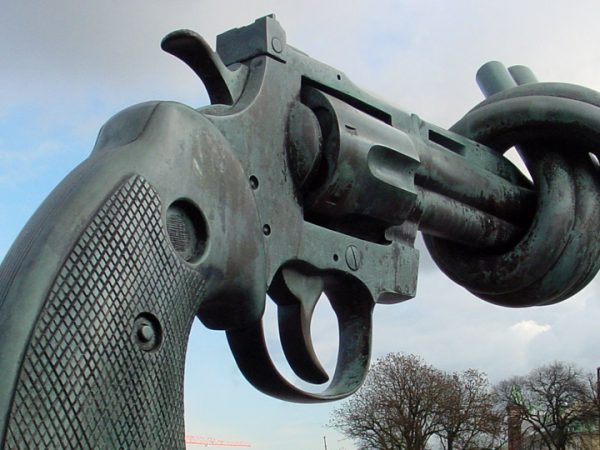
The language of ‘right to defense’ has been consistently deployed to legitimate Israel’s general military strategy and ongoing U.S. provision of weapons as its policy. Meanwhile, Pope Francis consistently calls for an end to the mass atrocity of war… Something drastically needs to change.
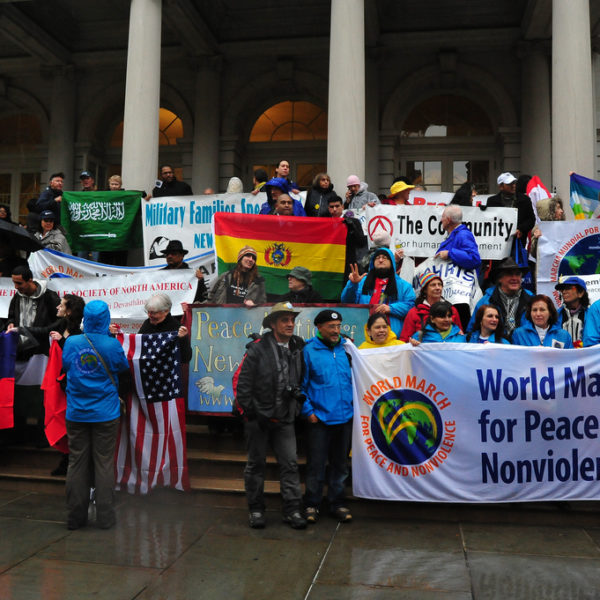
Pope Francis proclaims: “There was a time, even in our churches, when people spoke of a holy war or a just war. Today we cannot speak in this manner.” Yet, we can and have been invited by Francis and others to speak in the manner of centering nonviolence.

“Christ the King” on the cross offers a way of exposing systemic injustice by hanging in solidarity with victims of a violent system, but refusing to buy into the same violence that sustains it.
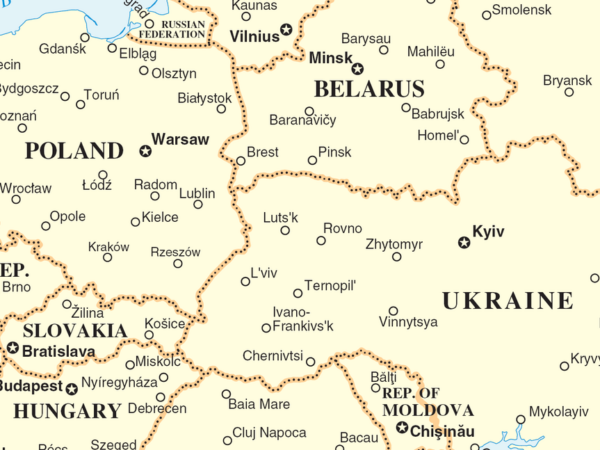
I am a Christian theologian who abhors war and believes that all other reasonable means should be exhausted before the use of lethal force is undertaken. At the same time, I am convinced that there are times – albeit rare – when the evil is so great that no measure other than force will prevent grave atrocities on a massive scale.
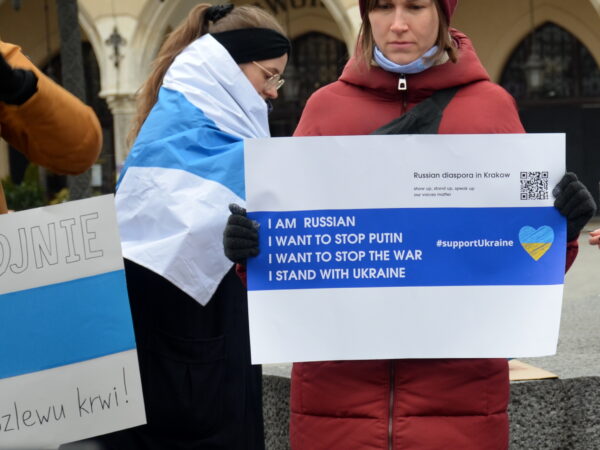
Paul J. Griffiths contends that the hands of every American taxpayer now drip with blood because the U.S. is supporting Ukraine’s war of self defense. American hands might be covered in the blood of innocents from Afghanistan to Somalia to Yemen, but there has been no transgression in Ukraine. In fact, from the perspective of Christian just war reasoning, it can be argued that the U.S. and Europe have not done enough.
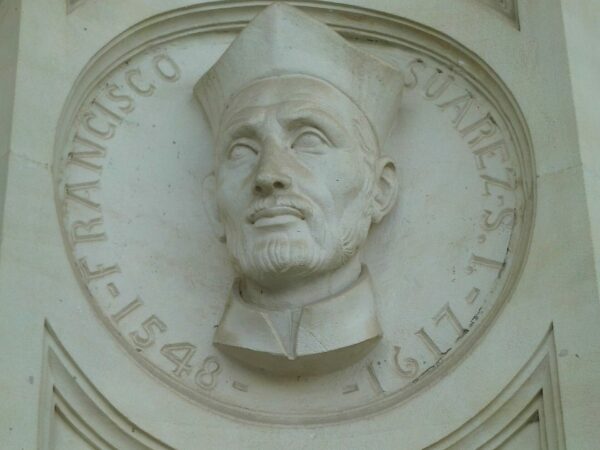
The Russian invasion of Ukraine has become a protracted war between Ukraine and Russia, with elements of a new Cold War where Ukraine’s western Allies are fighting Russia by proxy through the supply of weapons and other aid through the NATO alliance. The just war standard of “reasonable chance of success” is not part of the original theory devised by Saint Augustine or St. Thomas Aquinas, but a later innovation made by Francisco Suárez to prevent wars from deteriorating into a long cycle of revenge by parties at war.
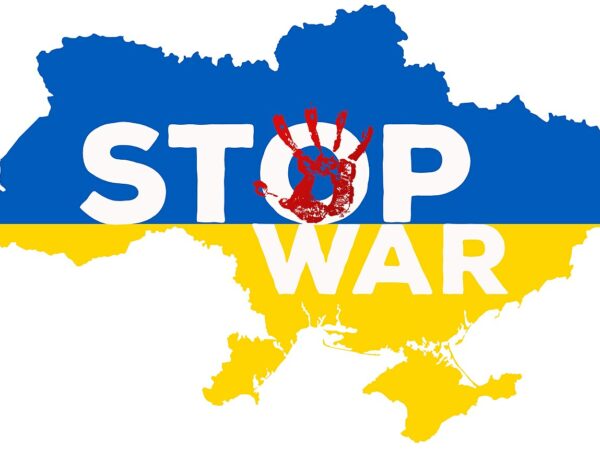
It should be uncontroversial that the Ukrainians have a right to defend their people and their land. However, some have argued that Pope Francis is spearheading a rejection of the just war tradition, replacing it with a thoroughgoing pacifism that would in principle deny this right to the Ukrainian defenders. As an analysis of the Pope’s position, I think this is mistaken.
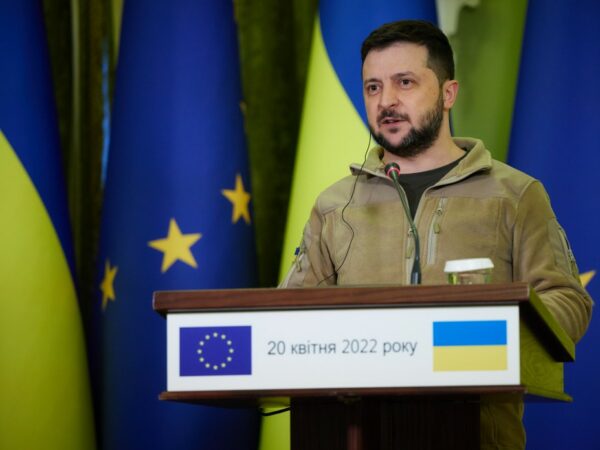
No doubt there are complex reasons of history and diplomacy behind such qualifications and hesitations. But it is accurate to say that they reflect the increasing Catholic skepticism about the moral justification of war at all. But the Ukrainian decision to fight presents an important challenge to that skepticism.
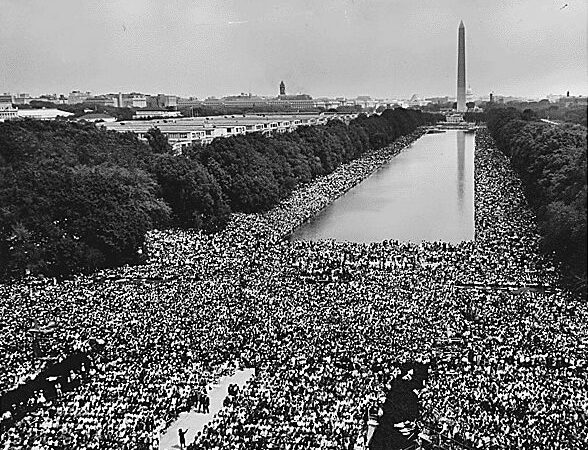
I am sympathetic to what I perceive as Wink’s larger goal in this interpretation. He wants to remove the option of reading Jesus’s words as endorsing toleration of abuse. He is rightly aware of and duly burdened by too many examples in the history of Christendom in which the powerful have used a command like “do not resist evildoers” as a rationale for submission to injustice.

